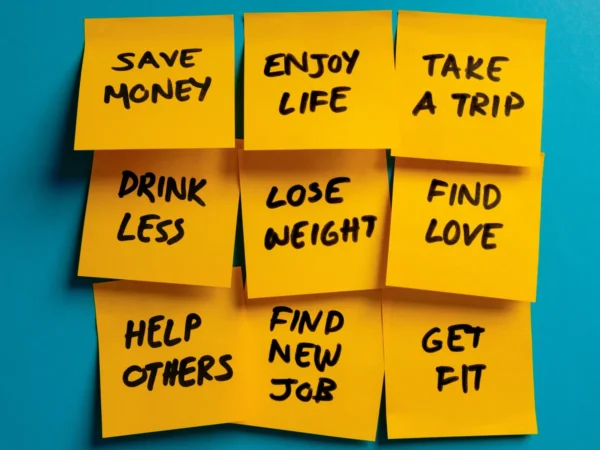
Get Your Family in Synch For the Clocks Change… 5 Top Tips!

The end of British Summer time looms with the clocks set to go back on Sunday 29th October at 2am. Most adults can muddle through the change, albeit feeling quite out of sorts, but children find it a lot harder to make the adjustment.
This is because we are biologically predisposed to sleep at roughly the same time each day, seven days a week, rather than jump by a full hour in one go. In fact, our circadian rhythm or body clock is designed to gradually adjust over the course of a season, largely in response to changes in daylight. A sudden change can have an impact known as ‘social jet lag’, as it affects our internal systems such as digestion in the same way as long haul flights across different time zones can do.
We spoke with Dave Gibson, sleep expert at Warren Evans bed makers and founder of thesleepsite.co.uk who shared his 5 top tips on how to cope with the changes.
1. Parents – plan ahead with a gradual change of bedtime

As a rule of thumb the shorter the change in bedtime, the easier it is for your body to adjust. For babies and young children, it’s possible to move bedtimes and wake times by ten minutes a day over six days, as you don’t have a set schedule to keep to in the mornings.
For parents of school children with wake up deadlines in the week, I can recommend the following schedule:
1. Thursday night go to bed 15 minutes later
2. Friday morning get up normal time (15 minutes less sleep)
3. Friday night go to bed 15 minutes later – so when you wake on Saturday your whole day (including meal times) is ½ hour ahead. Technically, you now have ½ hour adjustment in the bank. If you normally eat lunch at 1pm, move it to 1.30pm.
4. Saturday night go to bed 15 minutes later, you now have 45 minutes of the hour adjustment accounted for.
5. Sunday morning allow your children 15 minutes more in bed if you are setting an alarm. This means their body clock will have adjusted to the new time zone both in terms of meal times and sleep times. By the time they go to bed on Sunday evening, your children should be tired and able to fall asleep quickly.
2. Adjust daily routines
Remember to move your meal times as well as your sleep times back each day to keep every part of your body clock and routines in synch. For babies, be sure to change bath time, nap time and meal times. If bedtime changes are gradual – say, 10 minutes over 6 days – then change the other activities by 10 minutes as well. For older children keep to the same routine such as cleaning teeth (without the bright light on) and reading a book before bed, and move this back in synch with the rest of the day and bedtime.
3. Get yourself and your kids physically tired

It has been proven that daily exercise helps us sleep better. The extra bonus of physical exercise over the weekend the clocks go back is that it will tire you and your family and encourage you to go bed earlier. Plan the weekend with physical activity like swimming, bike rides or walks in the woods in the morning and early afternoon.
4. Lighter mornings and dark evenings
Initially, it will be a lot brighter in the mornings so check that black out blinds are still shutting out the light. Once you are awake, open the curtains and let in the morning light, as this helps stimulate cortisol production our ‘wake-up hormone‘. Try to get outside every day. Getting outside in the winter is especially important in order to capture sunlight that is required to make vitamin D, one of the vitamins that helps us to sleep better. From here on in the hours of daylight will decline to just 7 hours and 40 minutes on the shortest day in December (winter solstice). Compare this to 16 hours and 50 minutes of sunlight on the longest day in June (summer solstice). Getting outside helps us cope with this decrease in sunlight and improves our mood and sleep.
5. Adults and parents … catch up on any sleep debt and start a new routine

Our 24/7 work and lifestyle schedules means a large number of adults tend to accumulate a chronic ‘sleep debt’ in the week with a decrease in mental alertness towards Friday. We then catch up on sleep at the weekends with ‘recovery sleep’ before we start the cycle again. Whilst a strategy of catching up on sleep at the weekends won’t fully restore full health, research has shown that some changes in our neurotransmitter and hormonal levels can be achieved with a weekend lie in. The extra hour in bed when the clocks go back could provide this option guilt free.
However, having ‘caught up on sleep’ with the extra hour, I would recommend that you use this opportunity to commit to having the same sleep schedule 7 days a week. Our body’s internal clock is built on routines and if you want a lie-in at the weekend it is better to be awake and relaxing rather than sleeping-in which affects our whole system creating social jet lag.
You can also use this time as the starting point for establishing proper sleep hygiene for the whole family. School children are getting less and less sleep due to their use of social media and mobile phones late into the night, so it is more important than ever for parents to lead by example and set good sleep hygiene for the whole family. This makes it easier to enforce reasonable boundaries, with one rule for all. Also younger children learn by copying what is around them, if you have poor sleep hygiene your children will learn this habit from you too.
Working in partnership with sleep expert, Dave Gibson, Warren Evans’ online magazine, Sleep Tips is full of practical advice and helpful tips so all the family can get a great night. warrenevans.com / 020 7693 8990.














































